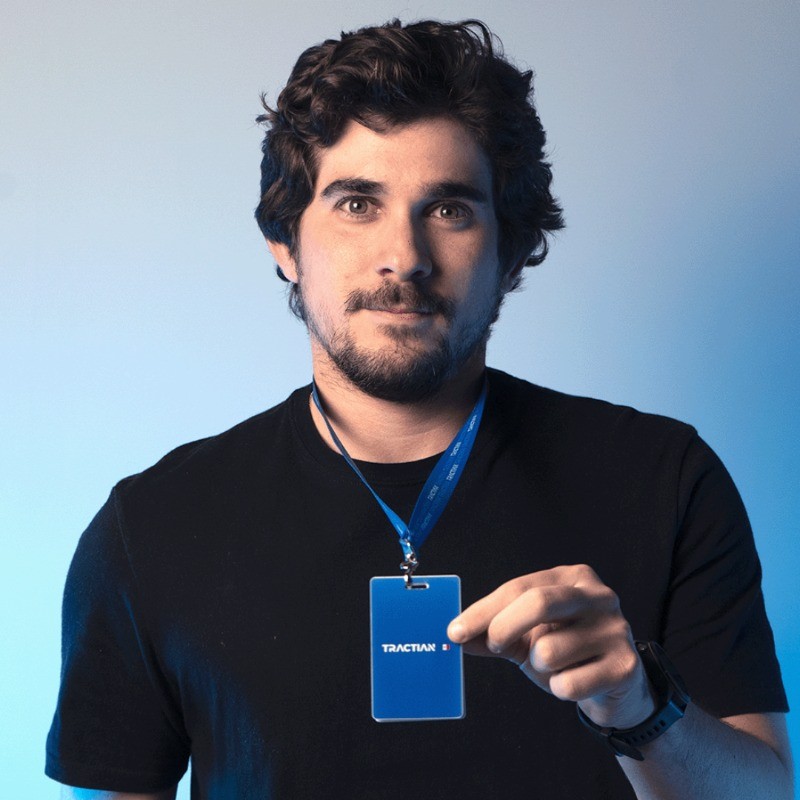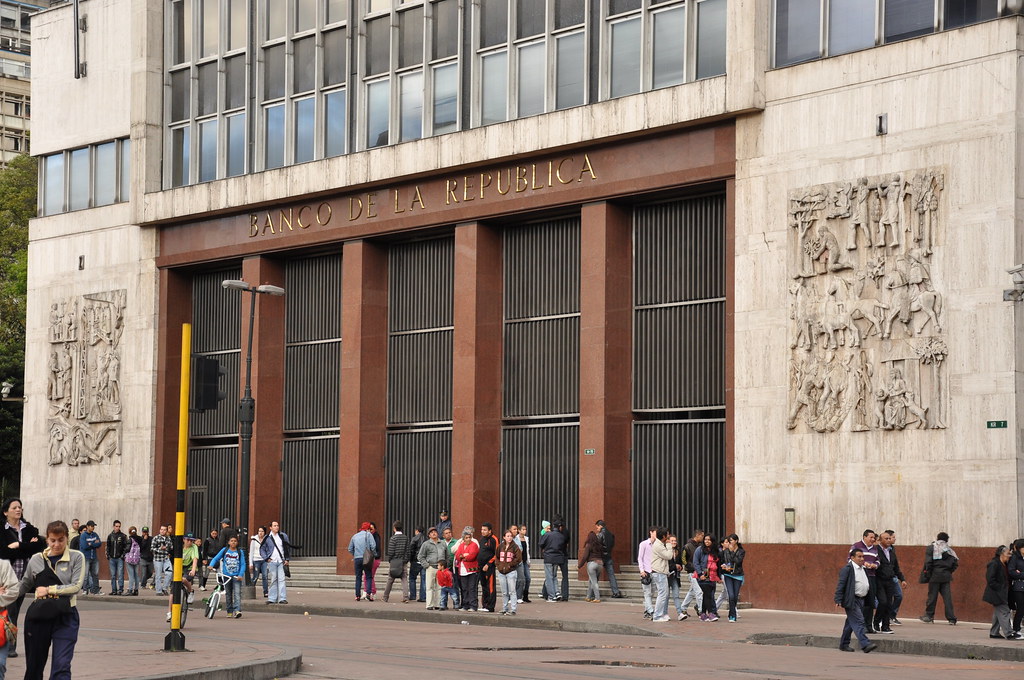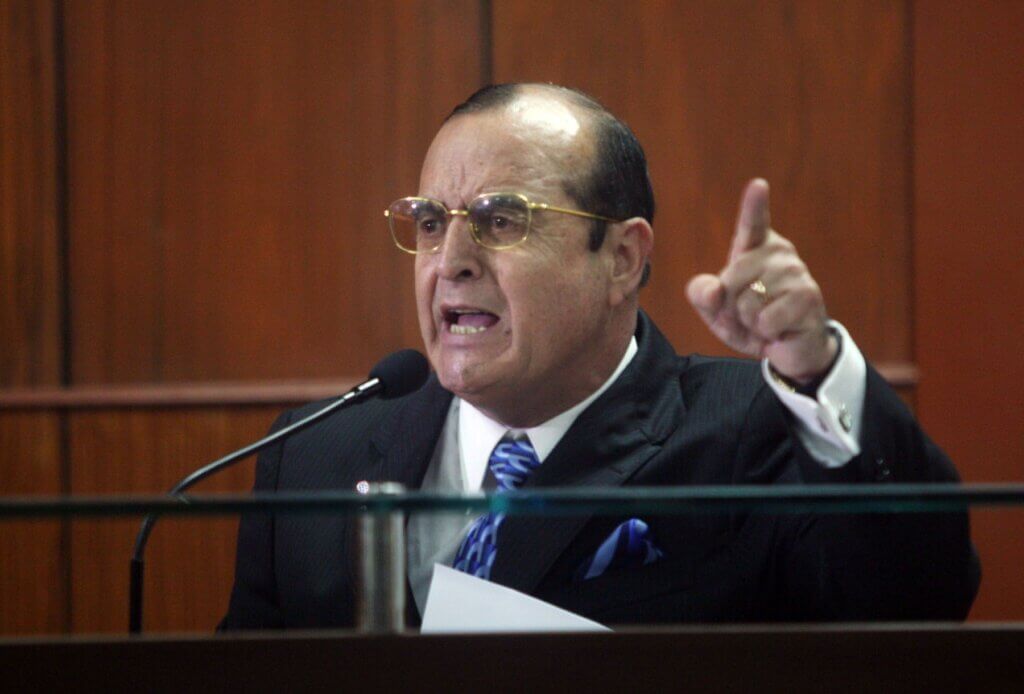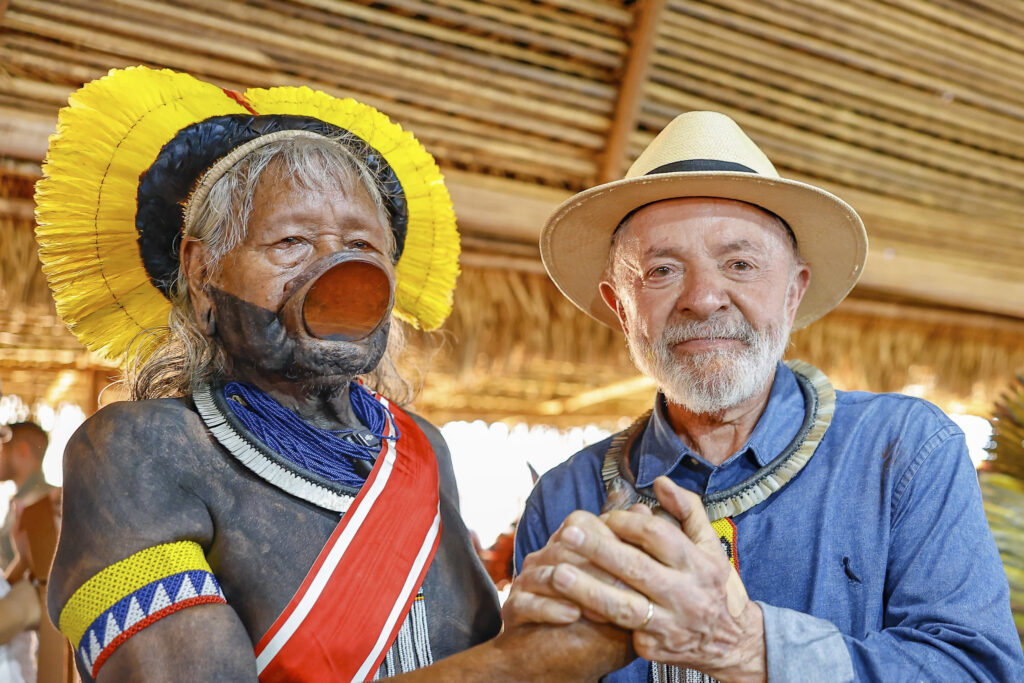This article was originally published in Forbes
Although study after study highlight how successful women-led businesses are, there remain signs that not enough is being done to support them. In healthtech, for example, only 3.3% of investments in the US went to women’s health this past decade.
A report by the Boston Consulting Group also showed that if women and men participated equally as entrepreneurs, global GDP could increase by 3% to 6%. This amounts to a boost of between $2.5 and $5 trillion for the global economy.
The former president of Ecuador, Rosalía Arteaga, agrees, stating that greater equality in women’s participation “contributes to global GDP, but also to world peace, better understanding and a better quality of life.”
So why does poor funding for women entrepreneurs persist? How do gender biases affect women entrepreneurs? And what strategies can we use to increase female leadership in companies in times of economic uncertainty?
According to some reports, women are three times more likely to invest in other women than their male counterparts. It is statistics like these that cause policymakers and investor groups to advocate for greater participation of women in business financing. After all, if men don’t invest in women, they should be the ones to benefit from their own support.
However, there is still a need for greater male involvement and understanding of the impact of women-led businesses. Previous research suggests that with fewer female-focused venture capital firms, female-based businesses can struggle to obtain future funding, slowing their growth.
For President Arteaga, this means both that “companies have to consider that their own performance will be better if they include more women in leadership positions” and that “women have to believe more in ourselves and fight for those spaces to which that we have the right.”
As founder of Rosalia Arteaga Glocal Women Foundation (RAW), Arteaga is accustomed to investing in future female leaders. One of the foundation’s recent projects in the province of Imbabura (Ecuador), specifically to support businesswomen who produce handmade artisan products, “(we) provide them with more tools that will allow them to continue developing the companies they already have or that they can generate.”
Education Is The Key
One of the great keys to unlocking inclusivity in the economic ecosystem of emerging markets like Ecuador and Latin America as a whole, is to educate both our children and educators.
Last year, despite the fact that 47% of new companies created were women, 81% of startups still had only men as founders. The gaps that exist are due to two factors, says President Arteaga, “one, access to credit and two, training.”
Arteaga also affirms that in Ecuador “more than 70% of primary and secondary teachers are women.”
Through these teachers, young women have both a model and a figure who can help form leadership ideas and train an entrepreneurial mentality when entering adult life. Taking health technology as a starting point, President Arteaga adds that STEAM is also an area in which teachers can encourage young girls, to reduce the gap between boys and girls, and subsequently create a “better quality of life for all.”
Collaboration Leads To Progress
For economies to prosper in times of recession, alliances between companies and governments, men and women, are very necessary; however, evidence suggests we do the opposite.
A series of studies showed that during economic downturns, people tend to view the economy as zero-sum, making them less likely to help others. Evidence of this was especially strong when, during COVID, the World Bank released a report stating that businesses run by women were 7 percentage points more likely to close than those run by men.
There are concrete steps that can be taken to include more women leaders. We know from research conducted by the International Monetary Fund (IMF), that emerging markets that invest collaboratively to reduce the gender gap increase their GDP by 35%.
Former President Arteaga summarized two ways in which Latin America could foster this economic growth through the inclusion of women in leadership positions; “greater openness on the part of companies and greater self-empowerment and self-esteem on the part of women who can access these spaces of power.”
Plus, conferences can be a great way to network and collaborate. For example, Arteaga has been a speaker at Horasis, a global think tank dedicated to innovation and the development of sustainable emerging markets.
This article was originally published in Forbes
Featured photo of former president of Ecuador, Rosalía Arteaga











